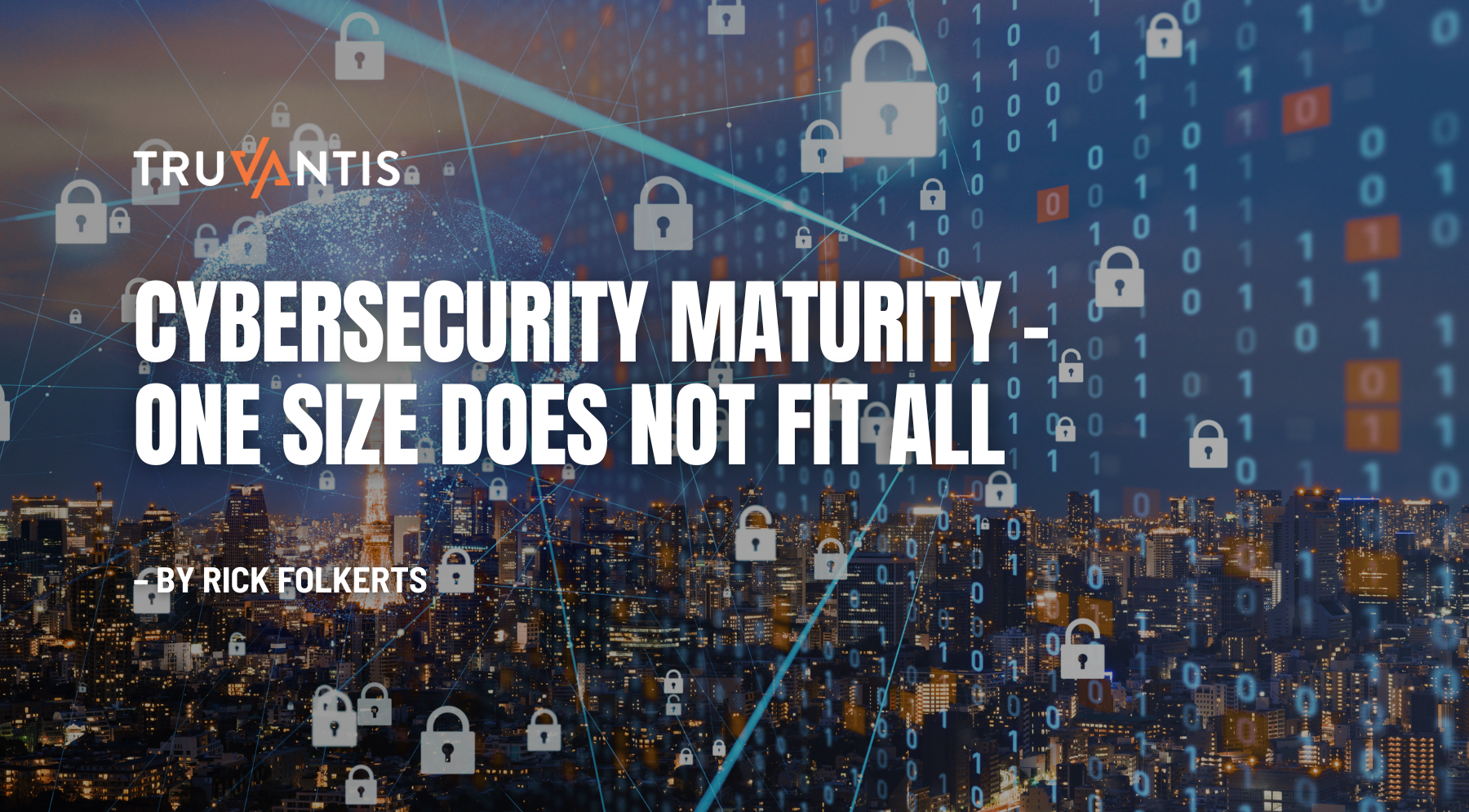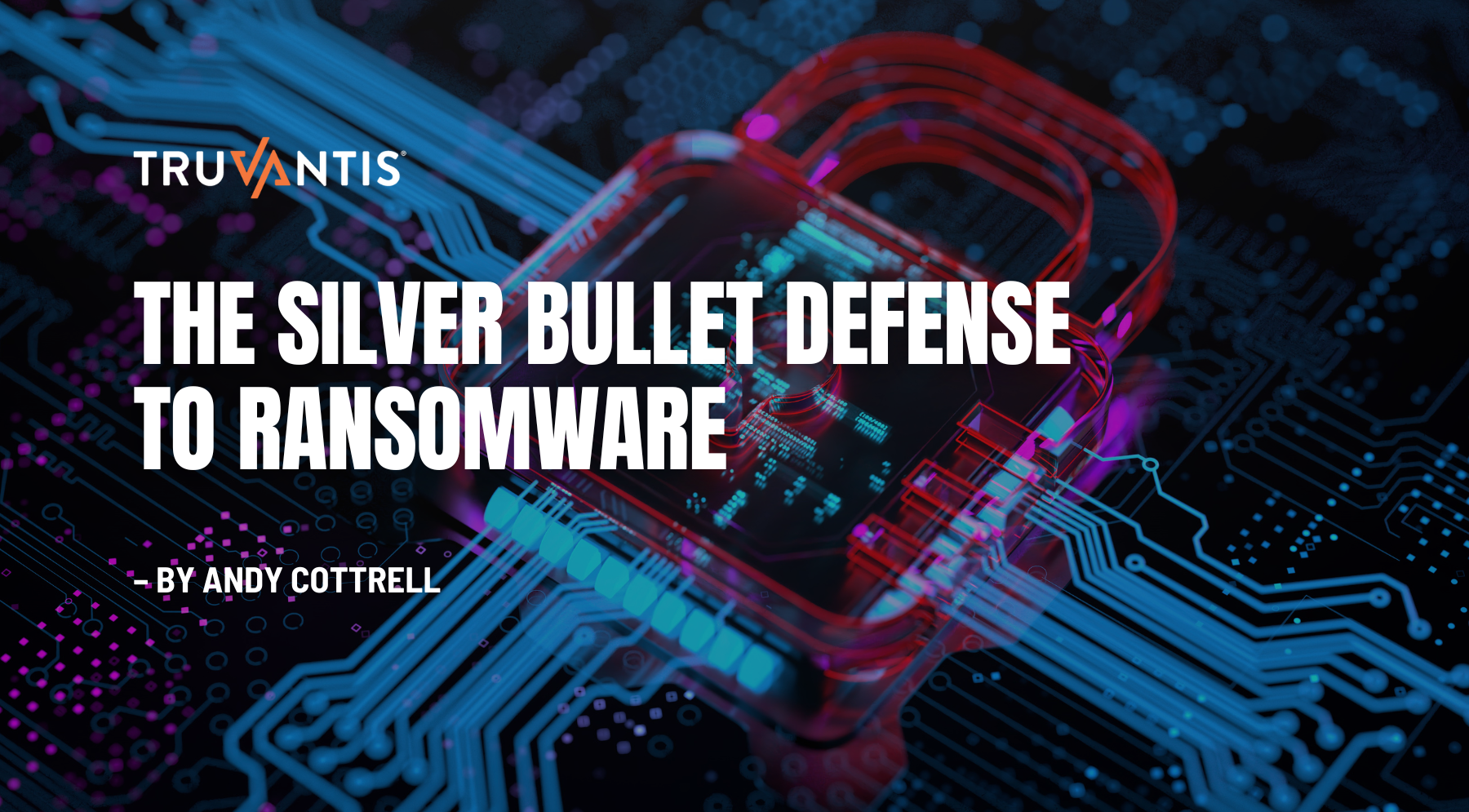One of the best ways to demonstrate the suitability of your Information Security Management System (ISMS) to your organization, customers, and partners is to achieve a globally recognized certification. The ISO 27001 certification is also a foundational layer in building a defensible position should it be needed.
If done correctly, compliance equals security. Too often, we hear from people who talk about a 'security Venn diagram' where security and compliance overlap. Rather than being insightful – we think this is just highlighting failure. Having security functions outside of compliance oversight means that your risk management framework isn't managing your actual risks. Compliance tasks that do not actually achieve security are pointless at best and place an unnecessary burden on the organization.
ISO27001 is the certifiable ISO standard that describes how to manage an ISMS securely. 27001 is compatible with other standards and regulations, including SOX, GLBA, and other cybersecurity regulations. Completing 27001 certification helps demonstrate the effectiveness of controls to regulators and supports the principle that your security controls constitute "reasonable security" as required.
One – Improve Your Organization's Security Posture
Implementing the ISO27001 standard improves your organization's security posture and reputation. ISO27001 is internationally recognized as an information security "badge of courage." According to the IT Governance ISO 27001 Global Survey 2016, 69% of respondents said that the main driver for implementing ISO 27001 was to improve their organization's information security posture. We like to ask clients, 'if your compliance program does not improve your information security, what's the point?'
Two – Enforce Accountability
ISO27001 enforces accountability through a formal assignment of management roles and responsibilities. The standard requires your organization to clearly define the roles and responsibilities of individuals to ensure accountability and enforcement of defined security measures. Accountability also extends to third-party vendors by requiring contractual agreements defining their roles and responsibility for protecting shared data.
Three – Enable Management to Make Informed Decisions
The ISO 27001 Information Security Policy is a mandatory document used to define the leadership commitment of top management to the ISMS. The policy's primary purpose is for top management to define what it wants to achieve with information security from a business perspective. IT security teams will not get the necessary priority and resources without top management support.
Secondly and as important, is to create a document using business terminology that the executives will find easy to understand and can use to control the ISMS. They don't need to know the technical details of risk assessment, access control management, or backups, but they need to know who is responsible for the ISMS and what to expect from it. At this point, management will be able to make informed decisions concerning ISMS priority and resources.
Four – Ensure a Competent and Consistent Approach
ISO 27001 mandates a competent and consistent process approach to securing your ISMS. Creating a link between requirements, policies, objectives, performance, and actions is necessary. A competent and consistent process is critical to implementing an ISMS. An accredited certification body's three-year audit cycle ensures qualified auditors perform the work using a consistent approach.
Five – Provide a Risk-Management Framework
ISO 27001 provides a framework for building a risk management and treatment process. The information security risk management process
- Establishes and maintains information security risk criteria that include the risk acceptance criteria and criteria for performing information security risk assessments.
- Ensures that repeated information security risk assessments produce consistent, valid, and comparable results.
- Identifies the information security risk owners and applies the information security risk assessment process to identify risks associated with the loss of confidentiality, integrity, and availability of information within the scope of the ISMS.
- Analyzes the information security risks and the potential consequences if the risks identified were to materialize. In addition, it assesses the realistic likelihood of the occurrence of the identified risks and determines the levels of risk.
- Evaluates the information security risks, compare the results of risk analysis with the established risk criteria, and prioritize the analyzed risks for treatment.
Six – Ensure Information Security is Maintained
Ensuring information security is maintained is a primary goal. You want your organization prepared so that an incident that leads to business continuance exercises does not compromise information security. Using the ISO 27001 framework enables organizations of any type to manage the security of assets such as financial information, intellectual property, client data, employee details or information entrusted by third parties.
Seven – Ensure Information Security During Business Continuity Events
Numerous other ISO control extensions exist that are "bolted on" to the control framework to address specific needs, including privacy, business continuity, and incident response. Depending on the circumstances, security controls from any clauses could be significant. Therefore, each organization applying this standard should identify appropriate controls, how important these are, and their application to individual business processes. Furthermore, lists in this standard are not in priority order; instead, priority is determined based on levels of organizational risk. This approach gives organizations the tools and flexibility to tailor their ISO 27001 program to their specific business needs.
Summary
ISO 27001 compliance provides organizations of all types and sizes with a risk management framework you can use to build, maintain and demonstrate the reliability of your ISMS. It is also a business growth enabler by providing top management with an informed decision-making process, building trust with stakeholders, and accelerating sales.
Why Truvantis
Working with Truvantis helps streamline ISO 27001 certification. We are not just consultants; we are implementers of ISO27001 programs with a proven methodology. First, Truvantis works with your organization in advance to talk through the process, define the evaluation's scope and boundaries, and develop a certification roadmap. Then, when you need ISO 27001 certification, Truvantis can help with crucial budget-saving recommendations based on the extent of your business and surrounding requirements.
Truvantis is a cybersecurity and privacy consulting organization with comprehensive expertise in implementing, testing, auditing, and operating information security programs. We specialize in helping our clients improve their cybersecurity and privacy posture through practical, effective, and actionable programs—balancing security, technology, business impact, and organizational risk tolerance.
Ready to move forward? Contact Truvantis for more information and to start your ISO 27001 consultation.


.png)





.png)
